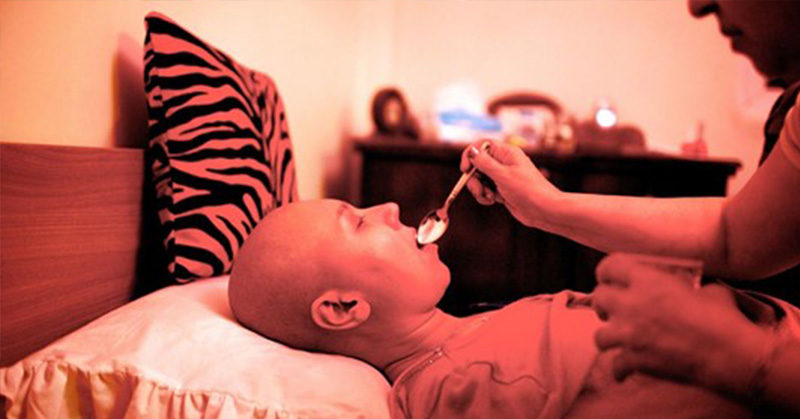Breast cancer is the most common cancer affecting women, with 2.1 million women impacted annually. In 2018, 630 thousand women worldwide lost their battle to breast cancer, accounting for fifteen percent of all cancer deaths in women [1].
Cancer is the second leading cause of death in the United States. Millions of dollars are spent annually on research for new cancer therapies and treatments.
A promising new cancer therapy shows potential for treating breast cancer and saving lives.
Read: Cryotherapy Treatment Saves Nurse with Stage 4 Cancer
A New Potential Cancer Therapy
In a study published in January 2019, researchers successfully converted aggressive breast cancer cells into harmless fat cells, preventing cancer spread [3].
Cancer cell plasticity allows cells to change and spread, leading to metastasis and treatment resistance [5]. Researchers at the University of Basel used Rosiglitazone and trametinib to convert breast cancer cells in mice into fat cells, halting spread and tumor growth [6].
Read: After Cancer Wiped Out His Family, This Researcher Taught Our Immune Systems To Fight Back
Future Research
While the therapy has shown promise in mice, further research is needed for human application. Senior author Gerhard Christofori suggests combining this approach with existing therapies for better outcomes [8].
Cancer researcher Andrei Gudkov notes the challenges in transitioning the treatment to humans due to lengthy trials and costs, despite the FDA-approved drugs used [7]. However, researchers plan to continue studying the therapy’s impact on different cancers [7].
Keep Reading: 8 of the Best Anti-Cancer Foods. It’s Time to Start Adding them to Your Diet






